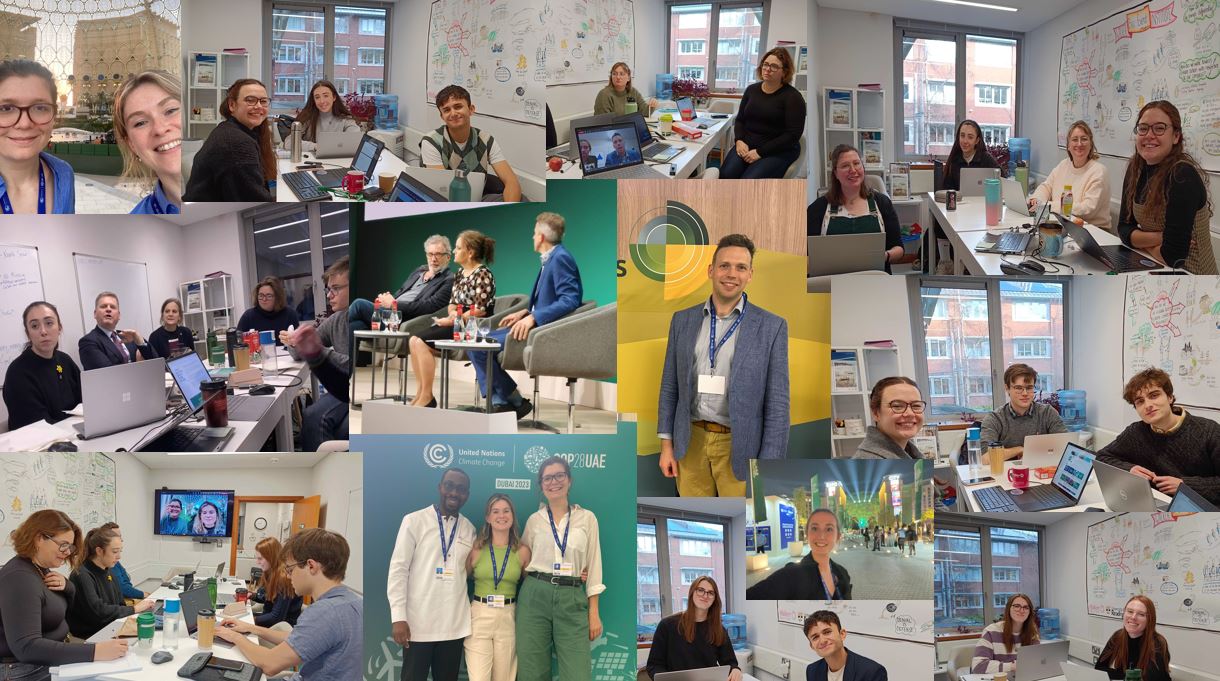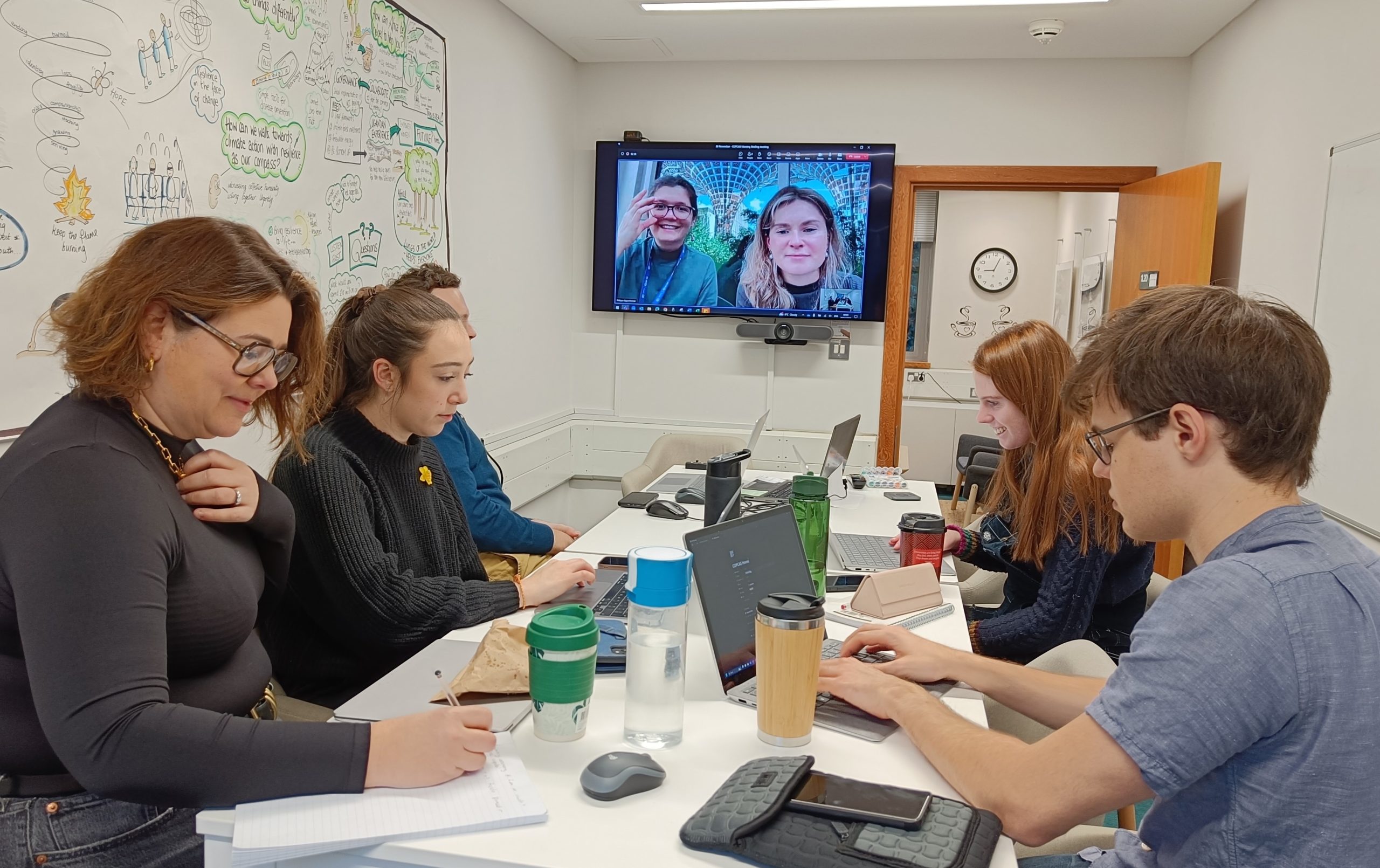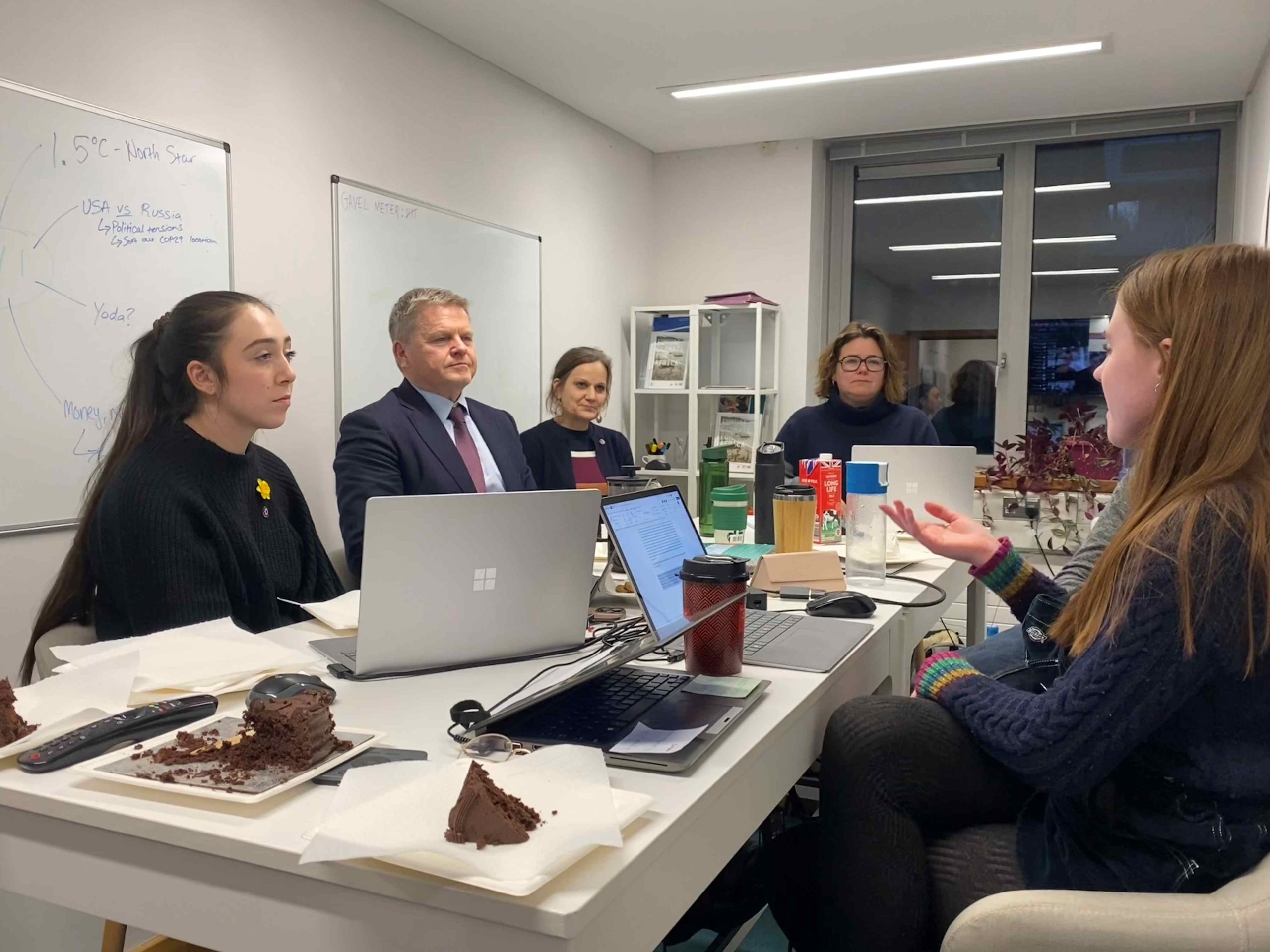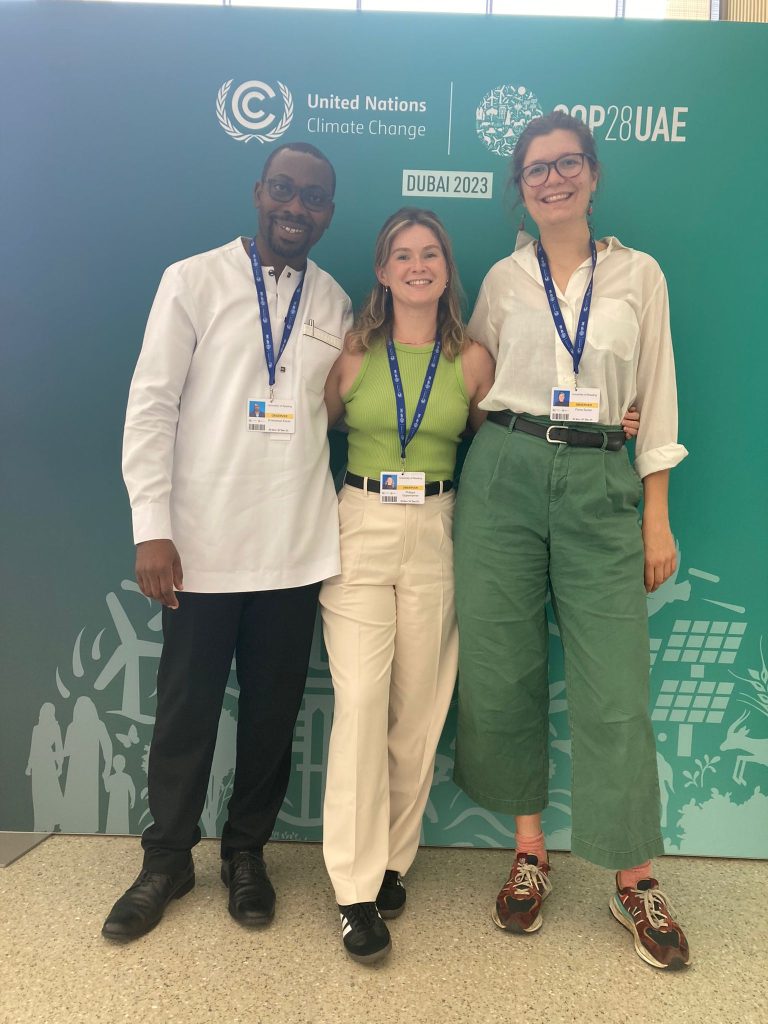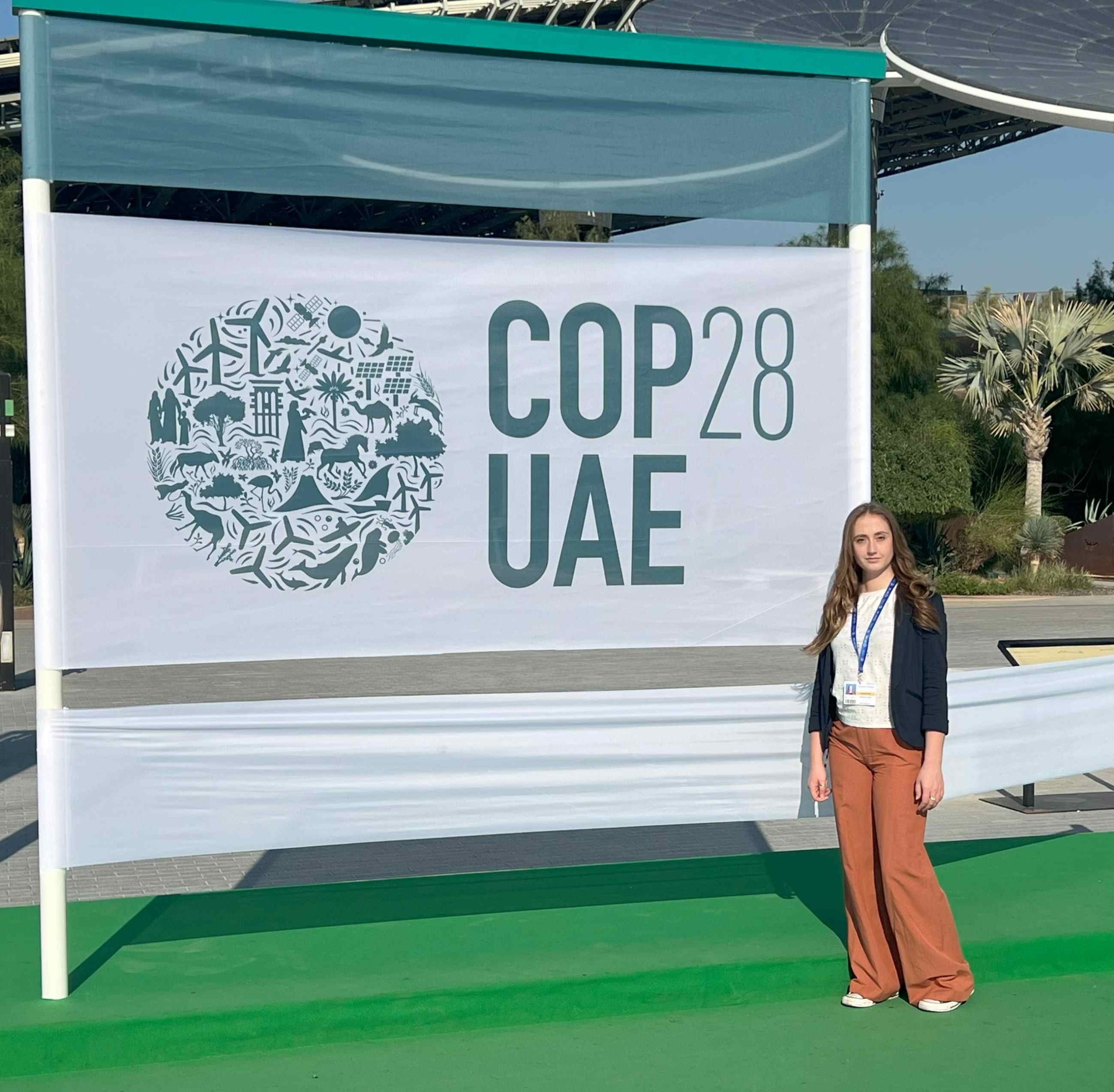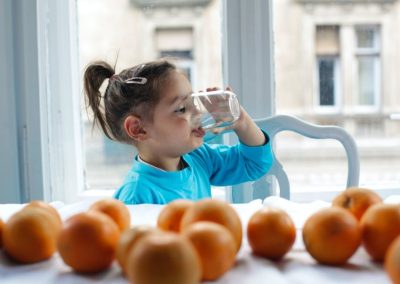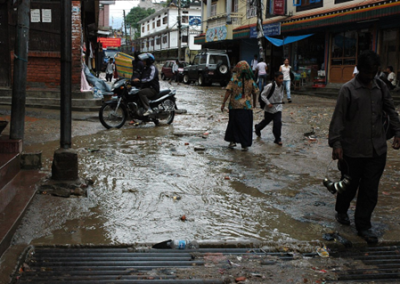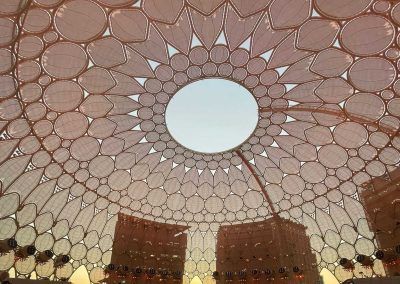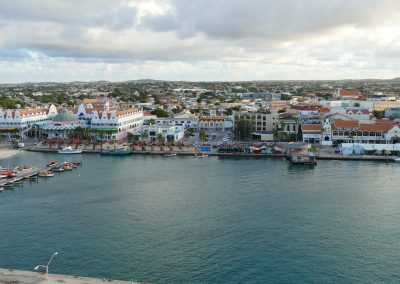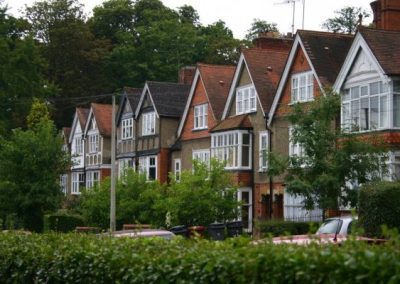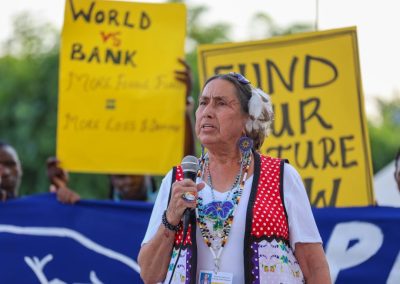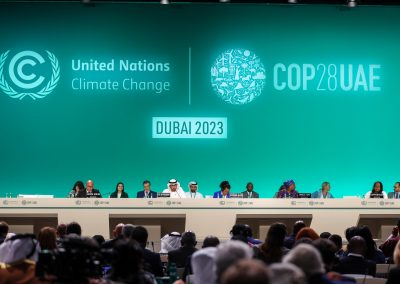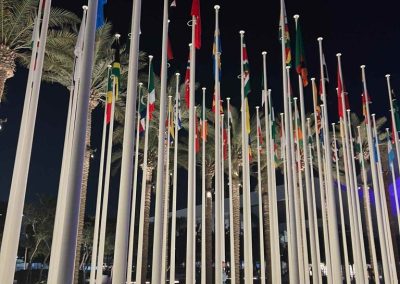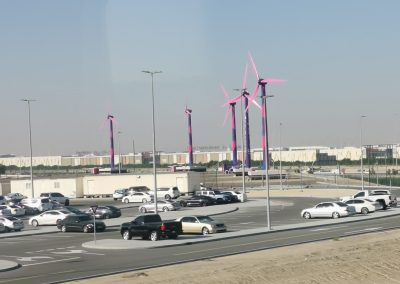COPCAS 2023 – COP28
The seventh COPCAS took place during COP28 between the 30th November and 12th December 2023 hosted in Dubai, in the United Arab Emirates (UAE). This year, 16 PhD students take part in this COPCAS from the SCENARIO and FoodBioSystems Doctoral Training Partnerships.
As in previous years, a competition was run to select the SCENARIO and FoodBioSystems students who would attend the conference in person. This year two students from SCENARIO DTP, Philippa Oppenheimer and Fiona Spuler attended COP28 during week 1, and one from FoodBioSystems DTP, Hannah Case attending the conference with Dr Harley Pope, Walker Academy Lead, during week 2. These students had full access to the conference’s Blue Zone as they held ‘Observer’ passes.
During COP28 itself, an updated, and dedicated space was made available for the COPCAS course in the Walker Institute, with face-to-face support from one member of the Walker Team during each session. Every weekday and one Saturday during COP28, the Climate Action Studio was open from 08:45 am until 17:00 pm. Students from the Climate Action Studio connected with students attending COP28 in Dubai via MS Teams calls twice a day. Students on the ground provided updates on the issues arising every day and reported on sessions they attended as well as the general vibe of COP28.
This year the COP Climate Action Studio was run as a virtual Newsroom where students were encouraged to chase down leads and craft engaging stories around their research interest and the climate policy events unfolding at COP28. For this purpose Dr Harley Pope created a virtual whiteboard / Mural Board which allowed students participating on different days to request specific content for participants on the ground at COP28, develop stories, and share outputs – both amongst themselves and with students not present on that specific day. You can view the Mural board here
During the Climate Action Studio, the students in Reading engaged remotely with COP, watching sessions via the official COP28 platform, conducting interviews, and discussing the issues they encountered on the day. They were also encouraged to write blog articles for topics which interested them and/or related to their research. These blog posts were proof-read by the Walker Team, and then posted on the Walker Website, helping students develop their writing skills and improving their exposure. All blogs were shared with the University of Reading press office and publicised from the official media platforms. Students also created short video updates at the end of every day, which were shared with the wider University community, and used within COPCAS to inform participants of the developments of the day.
The UNFCCC streamed panel and side events. Additionally, in a separate area of their website, it was possible to watch plenary events, a range of ‘special events’ and press conferences. The streamed sessions remain available for a short amount of time on the website. There was also a dedicated YouTube channel which was easier to navigate. Some pavilion events were also streamed live and were accessible via YouTube or via their official webpage.
COP Climate Action Studio Blogs
This year we saw a record number of blogs being produced. Students benefited from feedback on their work before they were posted on the Walker Website and made available to the public. Blogs were also shared on twitter to reach an even wider audience. The titles, authors, and links to the blogs are detailed below.
COP Climate Action Studio - Student short videos and video blogs
This year we also introduced the idea of creating short videos that captured the most important points of the day. Students were enthusiastic about sharing their experiences and what they had learned from those attending the conference in person, with the wider University community. All videos students created can be viewed below.
The Walker Institute had valuable support from the Digital Campaigns and Engagement team from the University of Reading. We would like to extend our gratitude to Pete Castle, Ben Warden, Sasha Fitzgerald and Sara Lovejoy for providing students with insights into the workings of a newsroom and filming short videos for non-academic audiences. The DCE team edited most of the short videos students created and posted them in the University social media.
Featured Videos
PhD student Hannah Case talks to us about her experience attending COP28 in-person.
PhD student Alex Moores has created a video on how he experienced COP28 remotely, attending the Climate Action Studio.

